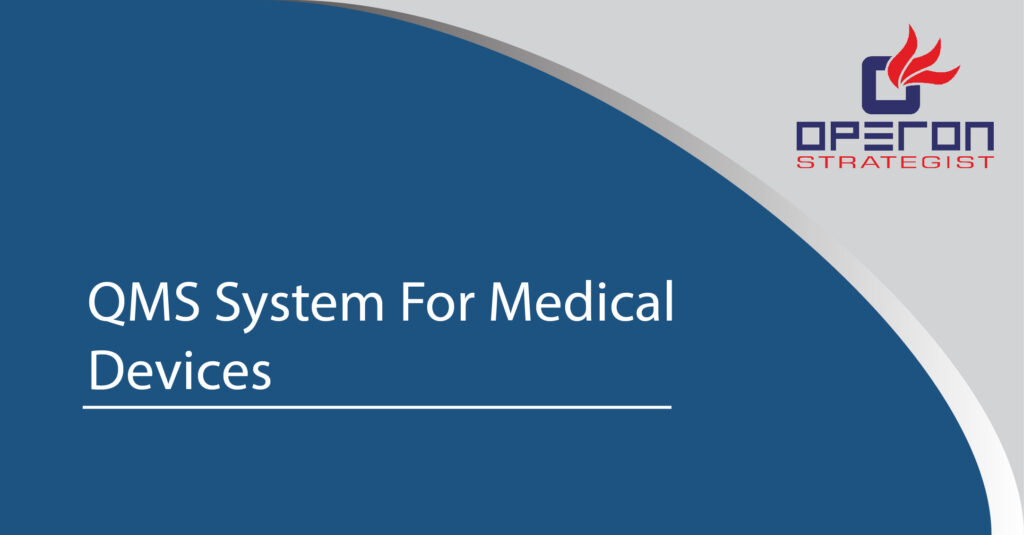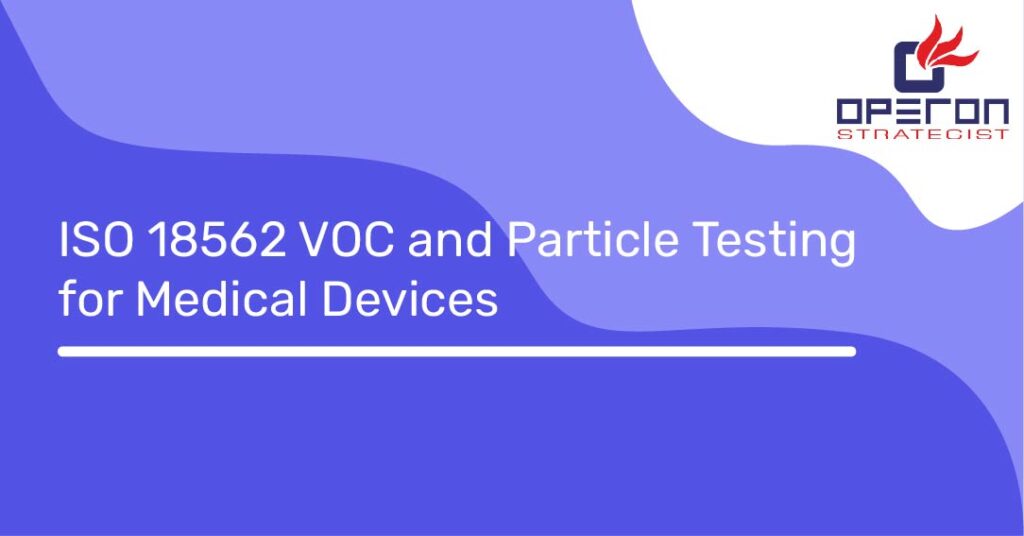What is (QMS) Quality Management System for medical devices?
A (QMS) Quality Management System for medical devices is a structured system for documenting the procedures and processes implemented throughout a part, or even the whole lifecycle of a medical device. It can cover a variety of aspects such as medical device design, manufacturing, supplier management, product labeling, storage & distribution, clinical data, risk management, and complaint handling. the consequences of waiting too long to implement (QMS) Quality Management System can lead to irreparable damage to your processes and, in some cases, product failures.
Building and managing an efficient (QMS) Quality Management System for medical devices is a crucial step for medical device enterprises willing to deliver the right product to the customers. As almost all major markets across the globe made it a thumb rule to go by a compliant (QMS) Quality Management System while registering the products, it is indeed a primary requirement for manufacturers to maintain QMS for a successful product launch. Implementation of (QMS) Quality Management System is based on the classification of the devices. As ISO 13485 certification consultant we guide device makers to classify the devices and implement a (QMS) Quality Management System for the regulatory compliance.
If you want to sell your devices in international market you need be compliant with international regulatory requirements.
Requirements of (QMS) Quality Management System for medical devices are:
Document control- The fundamental elements of a QMS system for medical devices are documents and processes, quality events, audits and workflows. Therefore, having a quality manual with various sections of relevant ISO standards (e.g.: ISO 13485) and understanding its requirements is important.
Training management – The quality standards and regulations like 21CFRpart 820 or ISO13485 requires trained and skilled employees doing their jobs.
Audit management –medical device makers must set up a suitable audit process and carry out frequent quality audits in accordance with ISO 13485:2016 and FDA’s 21 CFR part 820.
CAPA management- All medical devices makers are required to put CAPA in place to address any instances of deviations or non-conformance that could have an adverse effect on the quality of your product.
You must adhere to ISO 13485 in order to meet all the quality management system standards for medical devices.
Procedure of QMS System for medical device :
QMS key stages include design, supplier management, complaint handling, documenting clinical data, product labeling, and risk management. A good QMS is a thorough QMS, and it touches everything. the complexity of the medical device Qms procedures will vary based on the classification of the device. For example, companies making medium-risk (Class II) or high-risk devices (Class III) devices will require a different QMS implementation than companies making low-risk, non-sterile, non-measuring, non-reusable surgical instrument devices (Class I).
Benefits of QMS system for medical devices:
- Effective and Faster Cycles of Execution
- Increased Customer Satisfaction
- Elevated Market Value
- Reduced Amount of Waste
- Streamlined Process Improvements
- Improved Supplier Relationships
How can we help you in QMS system For Medical Devices?
Our team will help you develop your existing QMS to comply with QSR (in the case of the USA) and ISO 13485. We concentrate on specific aspects of your QMS system and train you to effectively implement it. As a QMS consultant, we validate the documents and provide training to companies on how to implement QMS according to applicable standards so that the auditors can audit and certify it.

-
Operon Strategisthttps://operonstrategist.com/author/snehal/
-
Operon Strategisthttps://operonstrategist.com/author/snehal/
-
Operon Strategisthttps://operonstrategist.com/author/snehal/
-
Operon Strategisthttps://operonstrategist.com/author/snehal/




